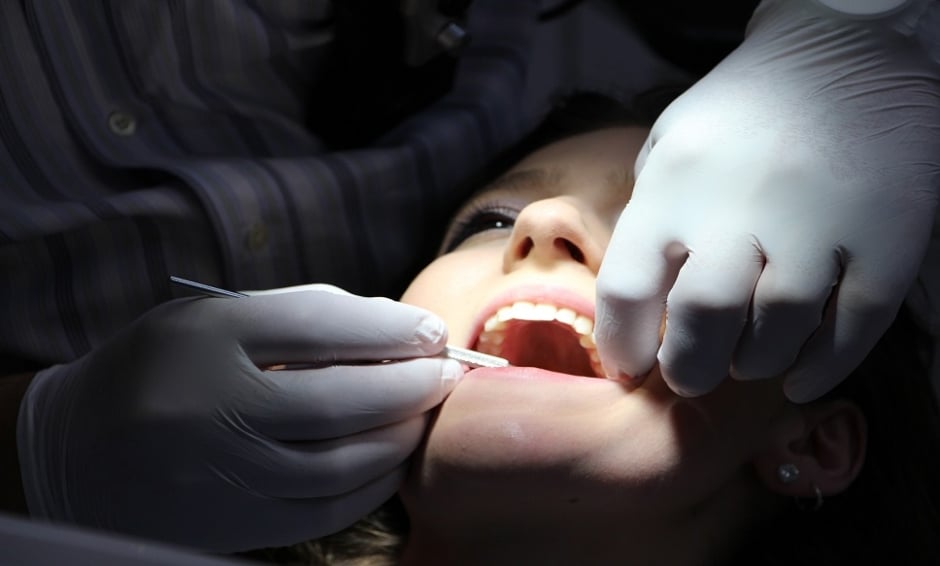SCIENTISTS from the Dental Institute at King’s College London, London, UK, have reported a way to stimulate stem cell renewal as a new tooth repair method for large cavities which could reduce the need for fillings or cements.
The new approach is designed to ensure teeth produce enough dentine, the hard tissue located beneath the enamel, to protect the pulp containing nerve and blood vessels when exposed by large cavities. Dentine is naturally produced to seal the pulp chamber that can become prone to infection when exposed, but this tissue can be insufficient for repairing larger cavities.
Dentists use man-made cements or fillings to treat larger cavities and fill holes in the teeth. These fillings remain in the tooth and prevent the tooth from repairing itself. If the filling fails or an infection occurs, multiple fillings require larger areas of the tooth to be removed and filled, which can result in the eventual extraction of the tooth.
Prof Paul Sharpe and his team developed their new method using biodegradable collagen sponges to deliver low doses of small molecule glycogen synthase kinase (GSK-3) to the tooth. Included in the treatment are tideglusic molecules, which have been previously used in clinical trials for the treatment of Alzheimer’s disease, to stimulate the generation of new dentine.
The use of collagen sponges degrade over time, allowing the new dentine to replace it. The team also note that the sponges are commercially available and clinically approved so the treatment can easily be adopted in dental clinics. Prof Sharpe said: “The simplicity of our approach makes it ideal as a clinical dental product for the natural treatment of large cavities, by providing both pulp protection and restoring dentine.
“In addition, using a drug that has already been tested in clinical trials for Alzheimer’s disease provides a real opportunity to get this dental treatment quickly into clinics.”
Jack Redden, Reporter








